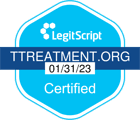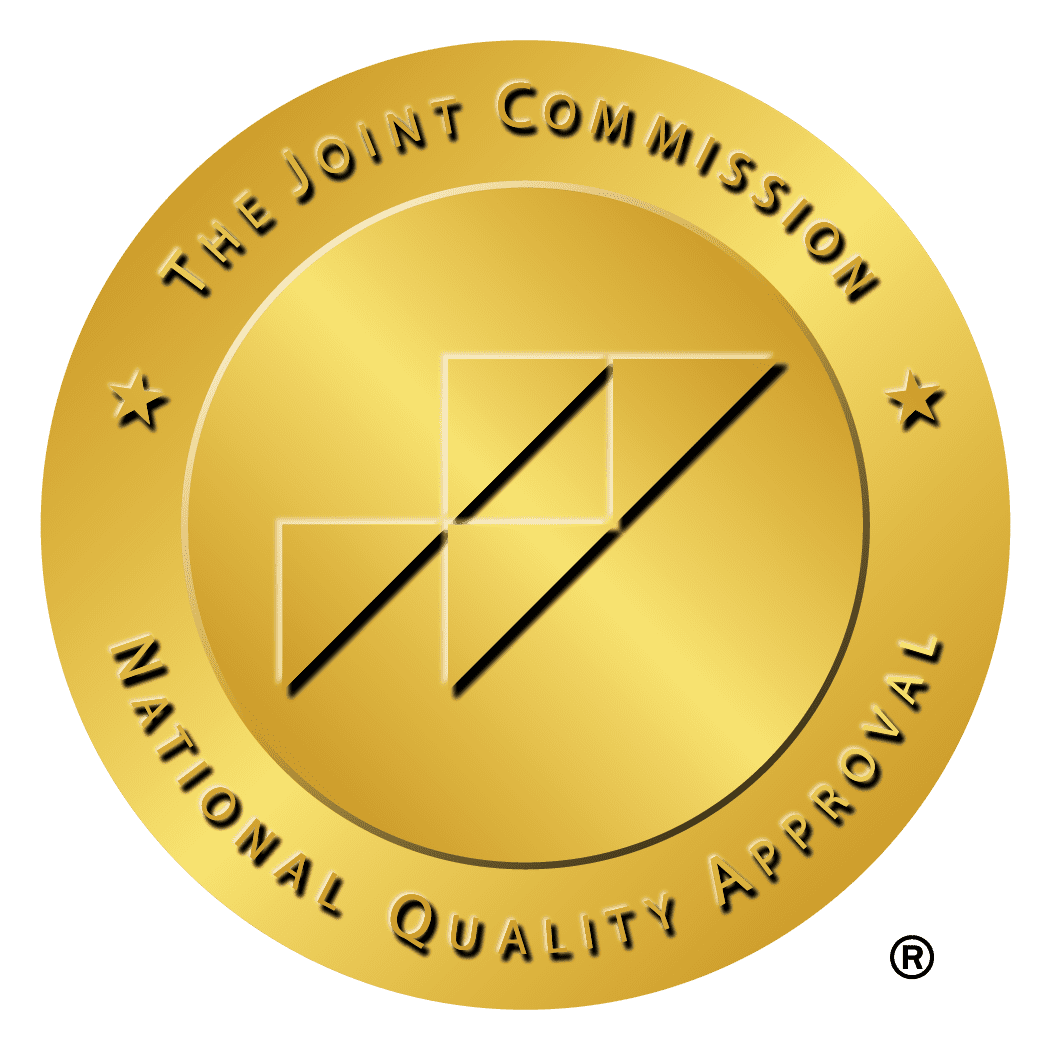When a family member or friend is dealing with addiction, it can be an incredibly difficult and emotional experience for everyone involved. It may seem like their situation is completely out of your control, but you have the ability to help support them in getting started on their journey towards recovery. An intervention is one step that many families take when trying to get a loved one into treatment, however, planning and carrying out such an endeavor can often feel overwhelming. This blog post will provide practical guidance for understanding interventions and how to go about making sure yours goes as smoothly as possible. Whether you are looking for ways to reach out for professional help or additional resources to make the process smoother, we hope this piece provides you with some valuable insights along your journey.
What Is an Intervention?
An intervention is a tool used to help a loved one struggling with addiction. It is an opportunity for the addicted individual and their family to come together in a safe environment and discuss the situation at hand. During an intervention, friends and family are able to present their concerns and point out how the addiction has affected them while showing their support and encouragement toward recovery. Additionally, interventionists or counselors may be present to guide the conversation and provide resources or treatment plans for further help. The goal of this intervention is to engage those involved in working together toward positive change, to provide insight into understanding addiction, discussing potential solutions for treatment, and offering professional guidance and support throughout the journey of overcoming addiction.
How To Know When It Is Time For an Intervention?
Knowing when it is time for intervention for an person with addiction can be difficult. It often involves family, friends and professionals helping the addicted person recognize their addiction and understand that they need help now. If someone you love is displaying signs of addiction, such as being dishonest, behaving irresponsibly or using more of the substance than they did before, it may be time to arrange an intervention. Reaching out to those close to the person with addiction can provide vital support during this difficult moment. Professional intervention specialists are available to help you design a plan tailored to the specific needs of your loved one and provide step-by-step guidance in order for them to receive treatment and begin their path towards recovery. Helping an someone with an addiction get the necessary intervention at an early stage is essential in establishing a strong foundation for successful long-term recovery.
What Are The Steps To Setting Up a Successful Intervention?
Setting up a successful intervention for an individual battling addiction can be a difficult process to navigate. However, there are several steps one can take to ensure success. First and foremost, make sure that the intervention is conducted in a supportive and non-judgmental environment. It is also important to involve the right people who understand the intervention process and have your loved one’s best interests at heart. Additionally, you need to ensure that there is positive communication throughout the intervention while developing measurable goals and action plans if they decide to seek help after the intervention. Taking these steps can help create a successful intervention focused on getting your loved one the help they need!
Who Should Participate?
Interventions can be a powerful tool in the fight against addiction and offer family, friends and other loved ones an opportunity to interact with the person struggling with substance abuse and provide support. Any intervention should involve those closest to the individual who are integral in their recovery journey; this includes family, close friends, significant others, co-workers, or any other support system that has been identified. At times it can be difficult for individuals close to addicts to find the strength to confront them about getting help for their addiction. It is important for everyone involved in the intervention process to speak out of love and compassion rather than criticism, and to focus on how they can help the addicted individual get better.
How to Make the Intervention Successful
Interventions can be successful when conducted bracingly and with love. When someone is struggling with addiction, often a family intervention gives them the necessary push to get help. It’s important for family and loved ones to lovingly come together in a supportive role that communicates their concern and care for them. Encourage the intervention participant know that the intervention is about helping them, not about blaming or shaming. Lastly, ensure that a plan of action outlining how to access help is established beforehand so intervention participants cannot hesitate their decisions towards recovery.
Things To Avoid During An Intervention
The intervention process can be a daunting experience, both for those struggling with addiction and their families. It’s important to remember that intervention is meant to provide support and understanding without causing harm or shame. During the intervention, family members and loved ones should express themselves honestly and openly with one another, but it’s essential to approach the situation tactfully. Avoid blaming or being confrontational during the intervention in order to create an environment of mutual trust that will lead to positive outcomes. Additionally, it’s useful to remember that intervention is all about providing love, friendship and support throughout an individual’s struggle with addiction.
Consulting a Professional
Deciding to seek the intervention of a professional can be a challenging step when someone struggling with addiction is involved. It requires humility, understanding and strength from all involved, especially family and loved ones surrounding them. However, if treated as a positive intervention that can help the person take back control of their life and lead it in a healthier direction by seeking professional help, then those close to them can support the process more easily. Speaking to an experienced interventionist should be the first step taken and although difficult at times, it can be done with understanding and love from family members.
What To Do If Your Loved One Refuses Help
When it comes to dealing with an addicted loved one who refuses help from an intervention, family members may feel overwhelmed and helpless. It is important to remember that ultimately, the decision to accept help lies with the individual. That being said, intervention remains a valuable tool - even if rejected at first, it often still sparks real dialogue and can open up a window of opportunity for treatment. Family members can also continue to provide support, whether through managing practicalities or providing emotional encouragement. Above all, it is essential that as a family we stay united and strong in our commitment to helping our loved one towards recovery.
What Should An Addict’s Family Do For Their Own Recovery?
When a family’s loved one is struggling with an addiction, it can be deeply painful and traumatic. It is vital that families come together to offer intervention and support to the individual with an addiction, however it is also important that the family take care of themselves during this trying time. Addiction severely affects those close to the individual in question, so it is essential that families keep their own wellbeing in mind while navigating their loved one’s recovery journey. Families can help each other by talking through their experiences non-judgmentally and seeking external resources that can provide support. Professional intervention such as therapy or recovery meetings may also be beneficial for all those involved in supporting addicted individuals. Adopting a compassionate attitude towards recovery will help families persevere during difficult times, and hopefully make it easier for the addicted individual to seek treatment and find sobriety.
Interventions provide a unique opportunity to work together as a family, confront the issue at hand, and move forward in a positive direction. Knowing when it is time for an intervention, what steps need to be taken in order for it to be successful, who should participate, and how to handle possible setbacks are all critical in helping your loved one get the help they need. By providing loved ones with guidance on how to successfully implement and manage an intervention that is free from judgement and enabling behavior, you can help them get back on track towards recovery.
There is no single solution for all situations involving addiction; what works for some might not necessary work for others. We urge family members and friends struggling through this trying time not to face it alone, but seek out professional advice that will provide you the clarity and discernment needed when tackling this difficult issue head-on with your loved one. We at Transcendence Treatment Center are always there for you. Please reach out to us at 854-222-3773 or check out more information on our website if you wish to transcend to the best version of yourself.



